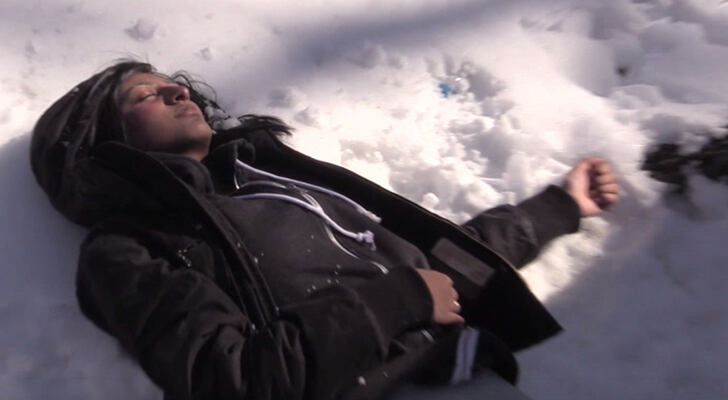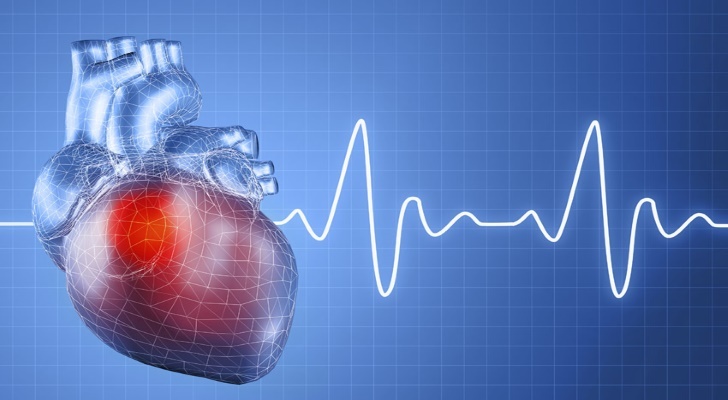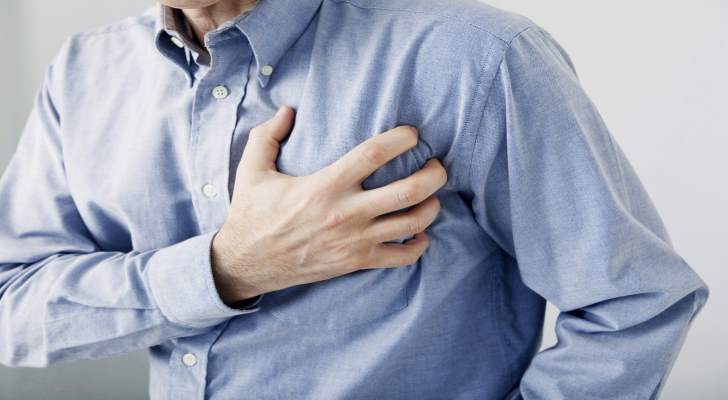Hypothermia Signs and Symptoms

Trembling and shaking in your boots? If you don’t have any reasons to be anxious like exam or important work plan, watch out! That’s not good in any case, but shivering might be an initial symptom of hypothermia. It is logical for the organism to resist changing temperatures. When it dramatically falls, the person starts feeling cold. The body is trembling trying to get hotter. It is a good sign that your skeletal muscles are shaking when it gets too cold as it is a signal that your organism is fighting instead of giving up.

People who find themselves under the threat of hypothermia report about significantly decreased ability to focus. They become less attentive to details. As far as the head does not cooperate with nervous system and muscles/joints any longer, the person loses coordination as well. In the case of this disorder, the coordination is exceptional. Due to the rapidly decreased temperatures or other fluctuations in body environment, it becomes difficult to control the body. It may move against the person’s will. Mind any unsteady acting!

People may notice their communication turn extemporary. They will be informed about it by other people as they hear their speech. The core problem is the improper functionality of the nerves, which are responsible for the oral communication. The drop in temperature leads to the attack on the nerves. The brain stops sending necessary signals in a correct way. The person starts talking smoothly and it sounds like a slurred communication.

One more sign of hypothermia is getting lost even in the simplest life situations. The drops in the body temperature cause various confusion; the person stops understanding what is going on and how he or she got there. It is impossible for this group of people to demonstrate critical thinking or reasoning. The symptom also impacts memory: it looks like the individual has lost part of its consciousness.

Changing in skin color and shape. The muscles are also under the threat of such deviations. Many patients diagnosed with hypothermia notice that skin around their joints in the affected area becomes red, blue, or even purple. Due to the pain around this red area, one can think that it could be some kind of bruised. As the changings do not last long, it can lead to a total misdiagnosis. The extremities simply go numb. The limbs are also shaking nervously all the time.

As it was mentioned, the person loses its consciousness as the disorder develops. The core of the problem is also a decreased body temperature. According to statistics, it is impossible to withstand a temperature lower than eighty degrees. The person then stops recognizing the world around and may get lost in time and space.

Changes in heart rate (pulse) are logical symptoms of hypothermia. Body temperature can affect even the way our heart works. It is hard for the primary organ to survive the low temperatures. It is an unbelievable stress. Because of the restricted blood flow, the patient may feel his heart running too fast or vice versa. This organ requires more oxygen, so the person may feel breathless as well.

Problems with breath are the outcomes of the fact that patients diagnosed with hypothermia experience problems with heart rate. As the blood flow is limited, the heart stops achieving required amount of oxygen. It prevents the person from breathing in a regular manner. During the acts of breathlessness, the person may start trembling and shaking – that is the initial symptom of the disease. Blood pressure also goes up, causing this discomfort.

People under the threat of hypothermia may feel tired and exhausted. The brain cannot function as it should due to the irregular temperatures. It may simply ‘shut down,’ so the person may feel rather weak or no energy at all. Fatigue and drowsiness follow these patients everywhere. Usually, this is the symptom of medium and severe hypothermia rather than a mild one.

People who may suffer from hypothermia reject the daily routine. They feel apathetic, without having any desire to do anything. It often leads to failures in education, work, or other daily activities. They lack emotions as the brain stops working as it should due to the drops in body temperature. Full mental numbness characterizes this condition the best. Such individuals demonstrate entire absence of concern about their own lives, families, and environment.
